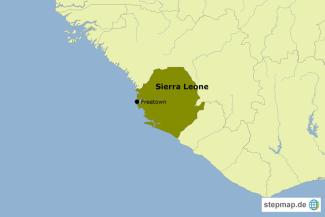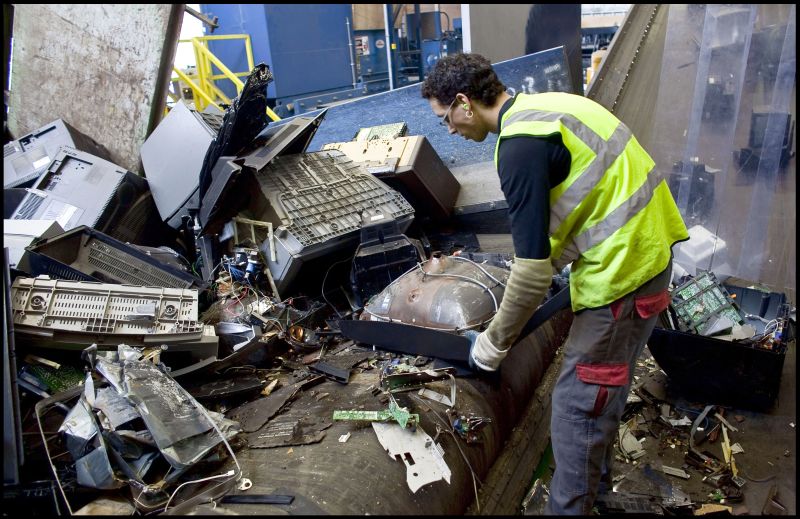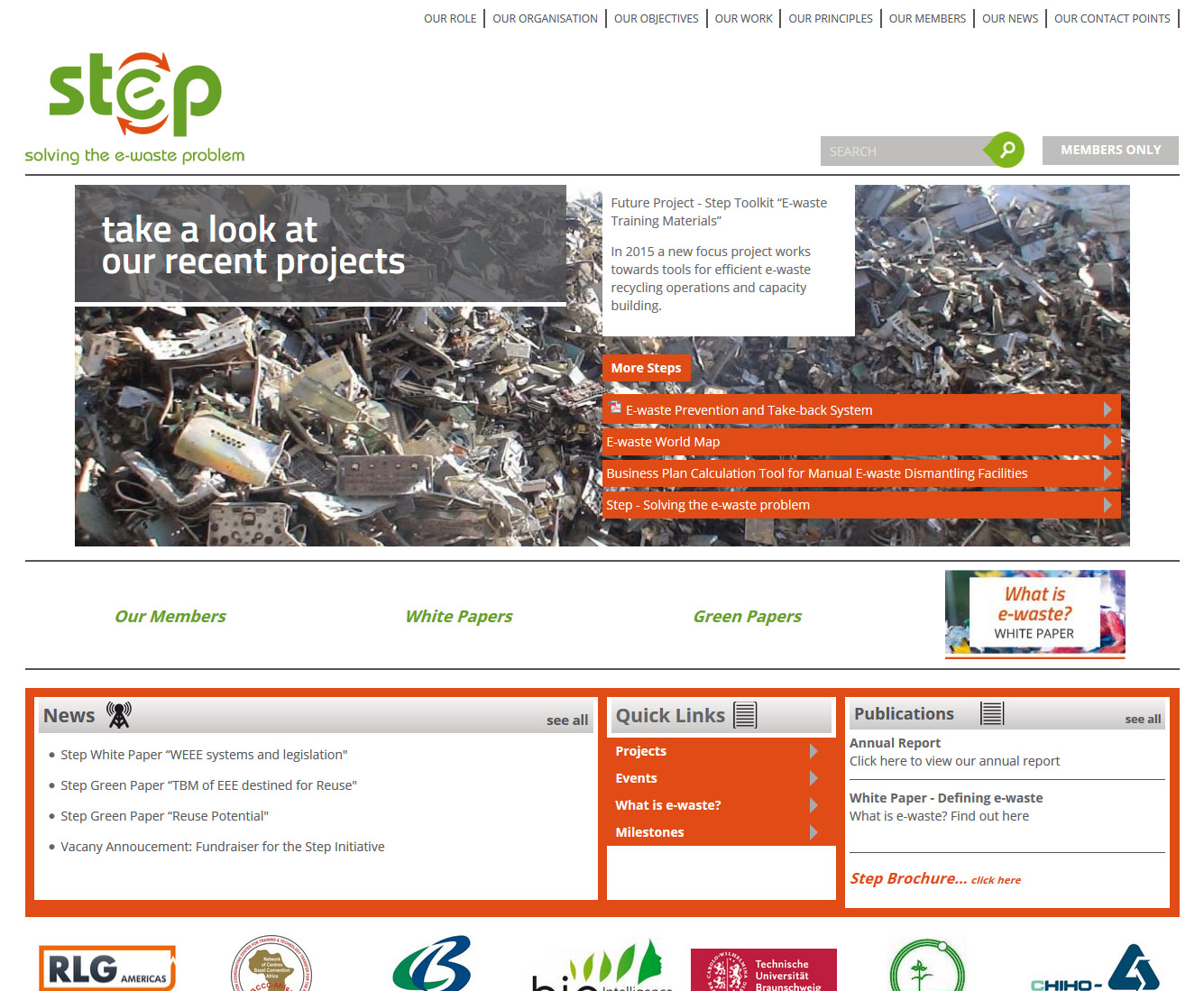Economy
Billion-dollar damages

Illegal fishing has been defined as the fishery conducted by national or foreign vessels in a country’s territorial waters without regular permission or in contravention of laws and regulations. The majority of foreign ships fishing illegally in West African waters navigate under the flags of countries such as China, Russia, Indonesia and Panama, but also from the EU and other industrialised countries, such as Japan.
Illegal fishing in the eastern central Atlantic region has increased over the last 10 years, according to the European Technical Centre for Agricultural and Rural Cooperation (CTA), an EU body set up to assist African, Caribbean and Pacific countries with information on development.
Britain’s Department for International Development (DfID) estimates that the annual loss due to illegal fishing in Guinean waters was about $ 110 million in 2009. According to DfID, Guinea loses more than 34,000 tons of fish every year to illegal fishing, including around 10,000 tons of bycatch. Bycatch is the euphemism for the unwanted portion of the catch thrown overboard by fishers.
According to official statistics, Guinean fishers legally catch some 54,000 tons per year, only about 50 % more than is caught illegally. These figures do not take into account the environmental damage caused by overfishing which has decimated numerous fish species, from tuna to cod fish.
Saskia Richartz, a Greenpeace expert, estimates that the economic damage done to sub-Saharan African countries “amounts to at least one billion dollars per year”. However, there is no international law enforcement.
Meanwhile, traditional fishermen suffer, because foreign vessels leave literally not much fish left for them to catch: “Stopping the illegal fishing in our waters will benefit both the local fishermen and consumers,” says Alimamy Kargbo, a fisherman from Sierra Leone.
Alie Yunus Kallay is a journalist, radio presenter and publisher. He lives in Freetown, Sierra Leone.
aliup88@gmail.com
Link:
Environmental Justice Foundation: Oceans Campaign.
http://www.ejfoundation.org/campaign/oceans









